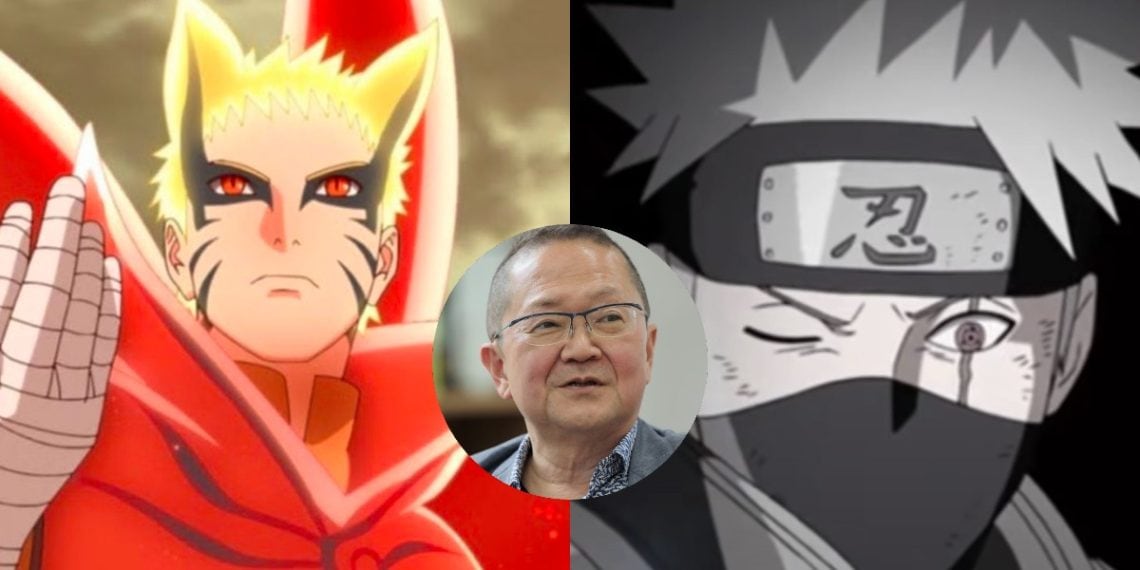In a recent discussion, Kiero Itsumi, the head honcho at Studio Pierrot, shared his thoughts on how the studio is tackling the working conditions of its employees as the anime production industry evolves.
Toward the end of 2023, the challenging production schedule for the highly anticipated second season of “Jujutsu Kaisen” brought the tough working conditions faced by animators into the spotlight.
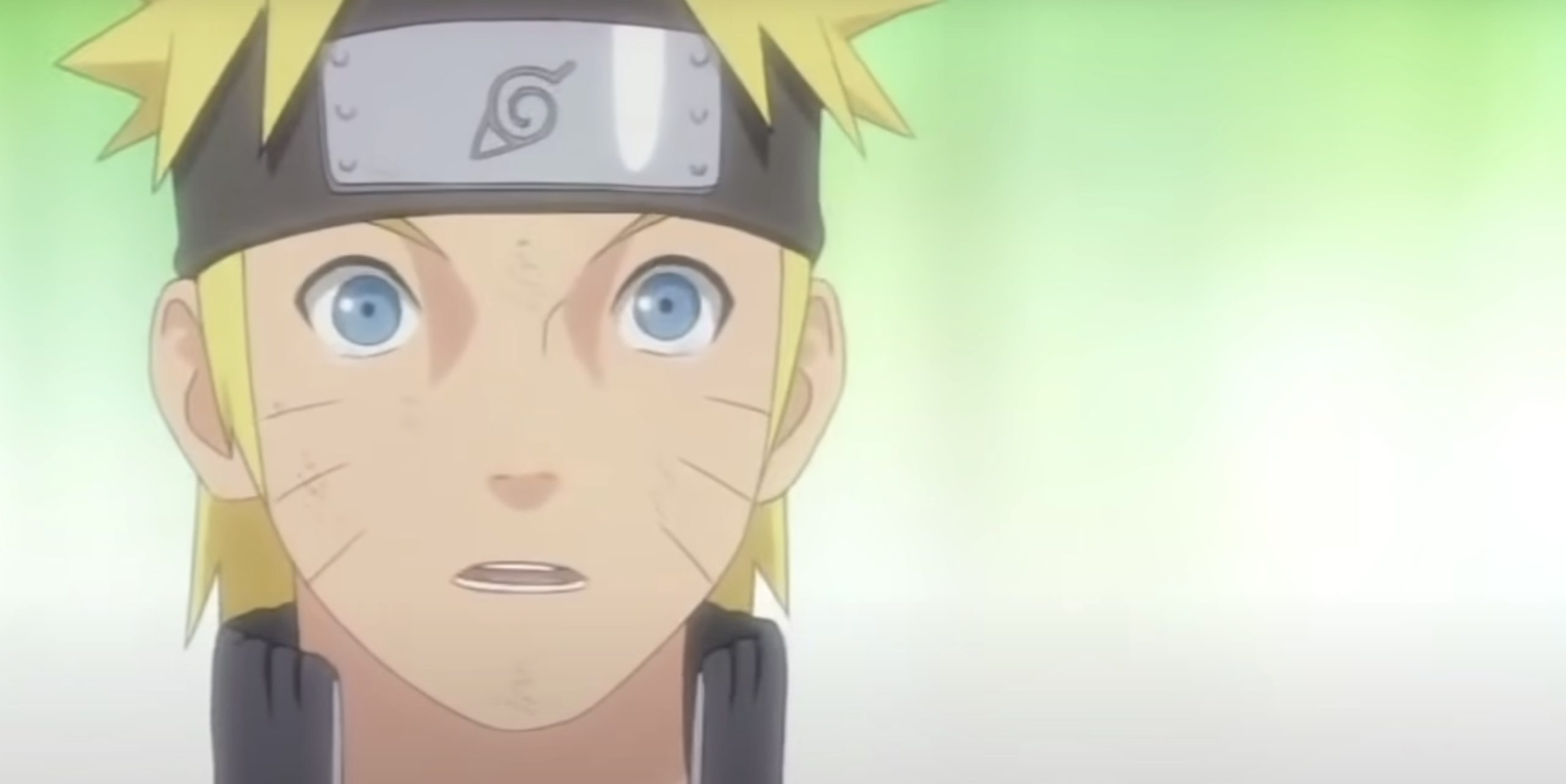
However, according to Itsumi’s statements, it seems that Studio Pierrot has taken significant steps to ensure that the individuals working behind the scenes to create the final product are treated fairly and provided with a healthy work environment.
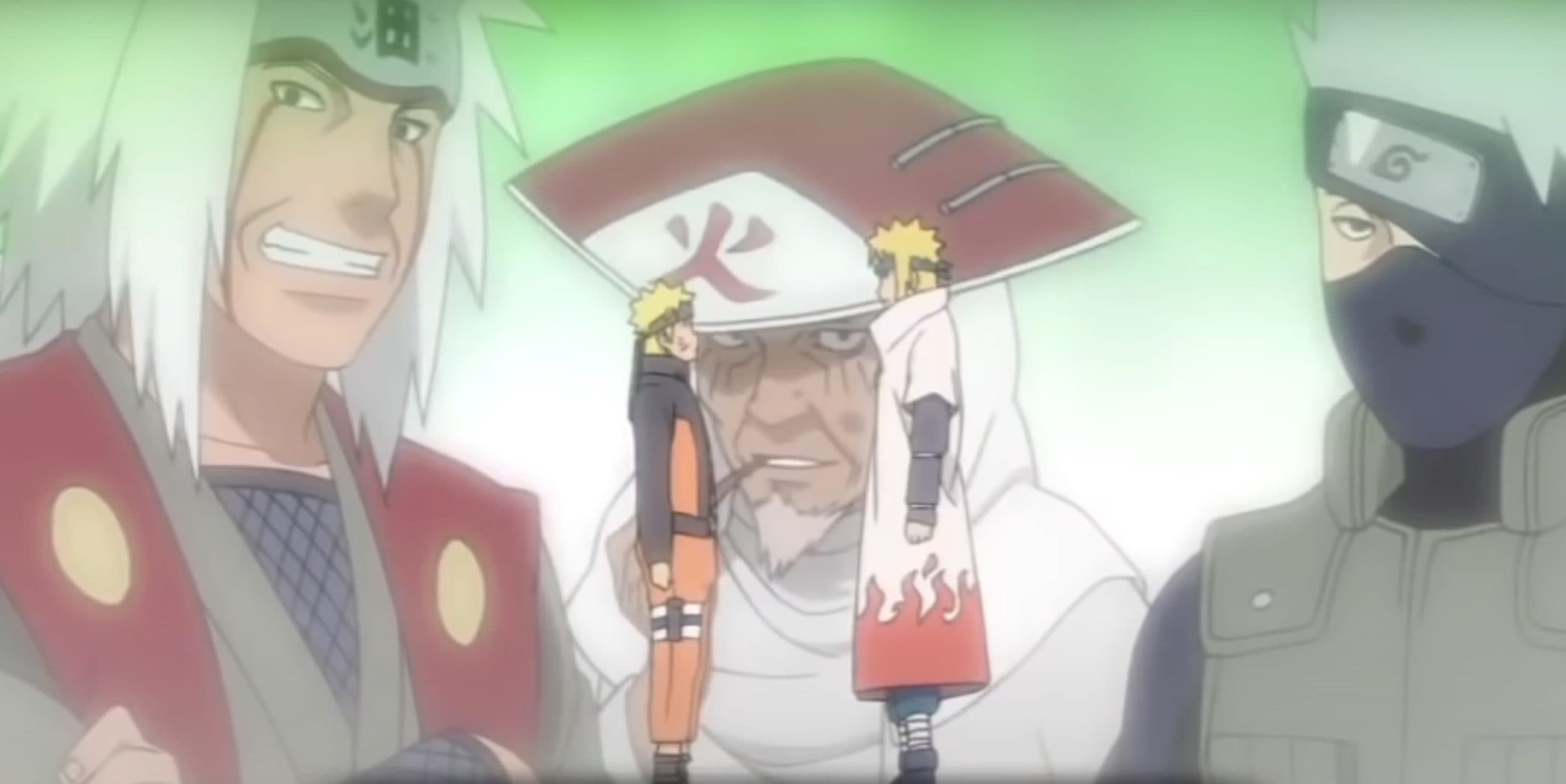
Itsumi started by acknowledging that the anime market has grown, and to stay competitive in the global arena, there is a need to produce high-quality works.
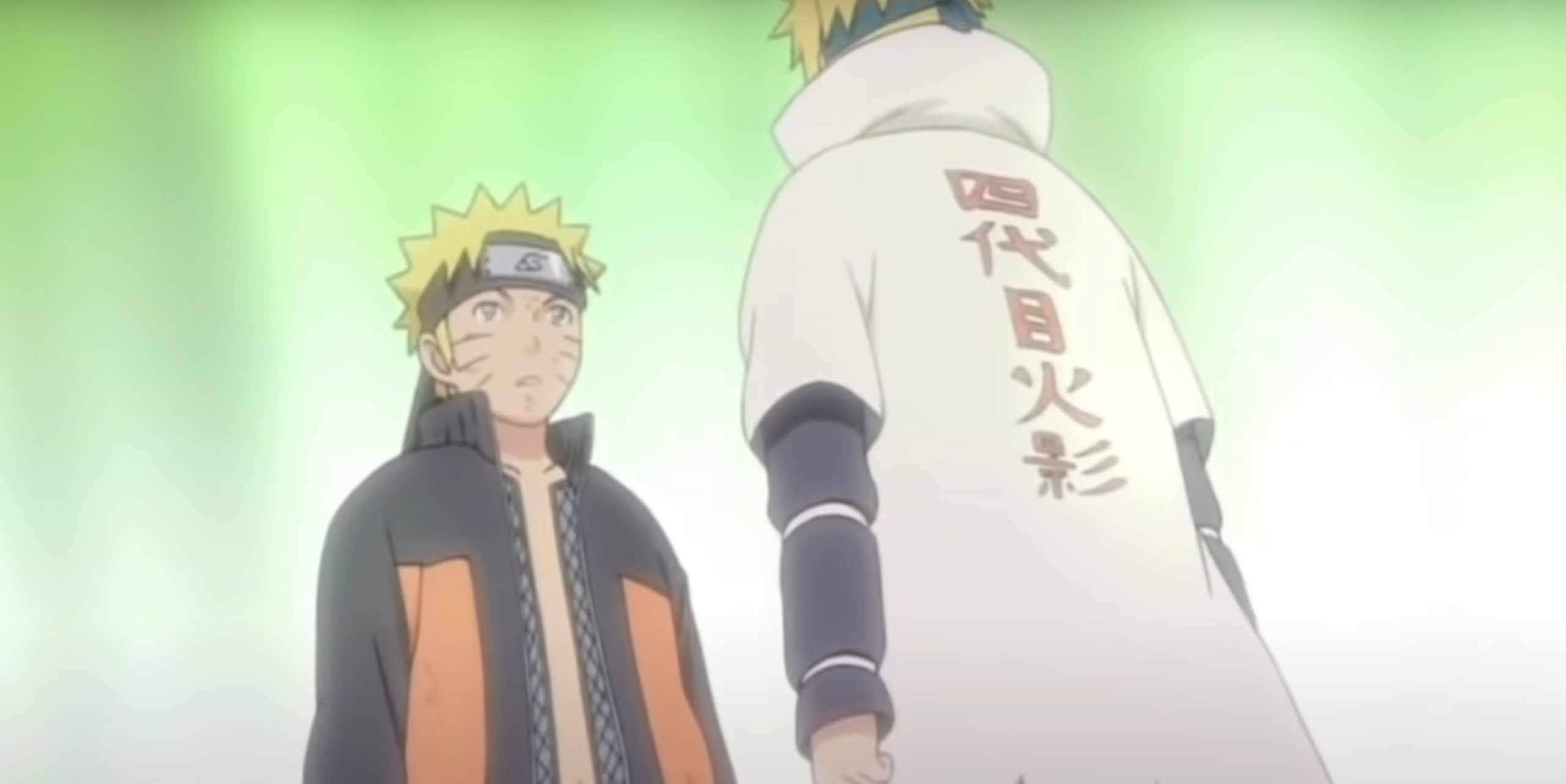
This development has also led to an increase in various costs associated with anime production.
The Evolution of Labor Management in Anime Production
While in the past, animators might have been expected to work tirelessly and determinedly to meet higher quality standards, Itsumi emphasized that proper labor management is crucial in today’s times.
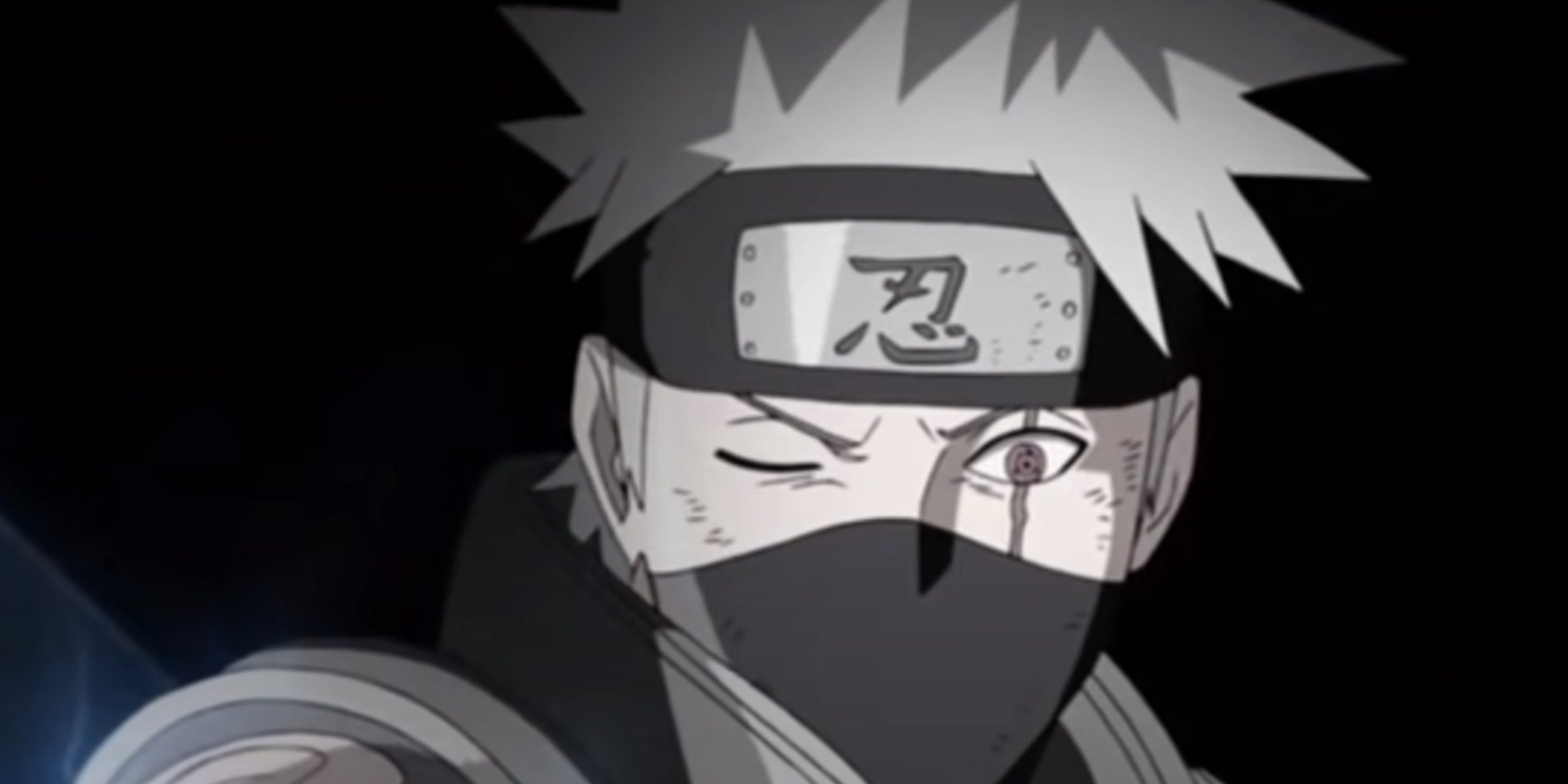
He indirectly stated that the mentality of animators pushing themselves to the limits with “grit and determination,” as was common in the past, is no longer applicable in the current era.
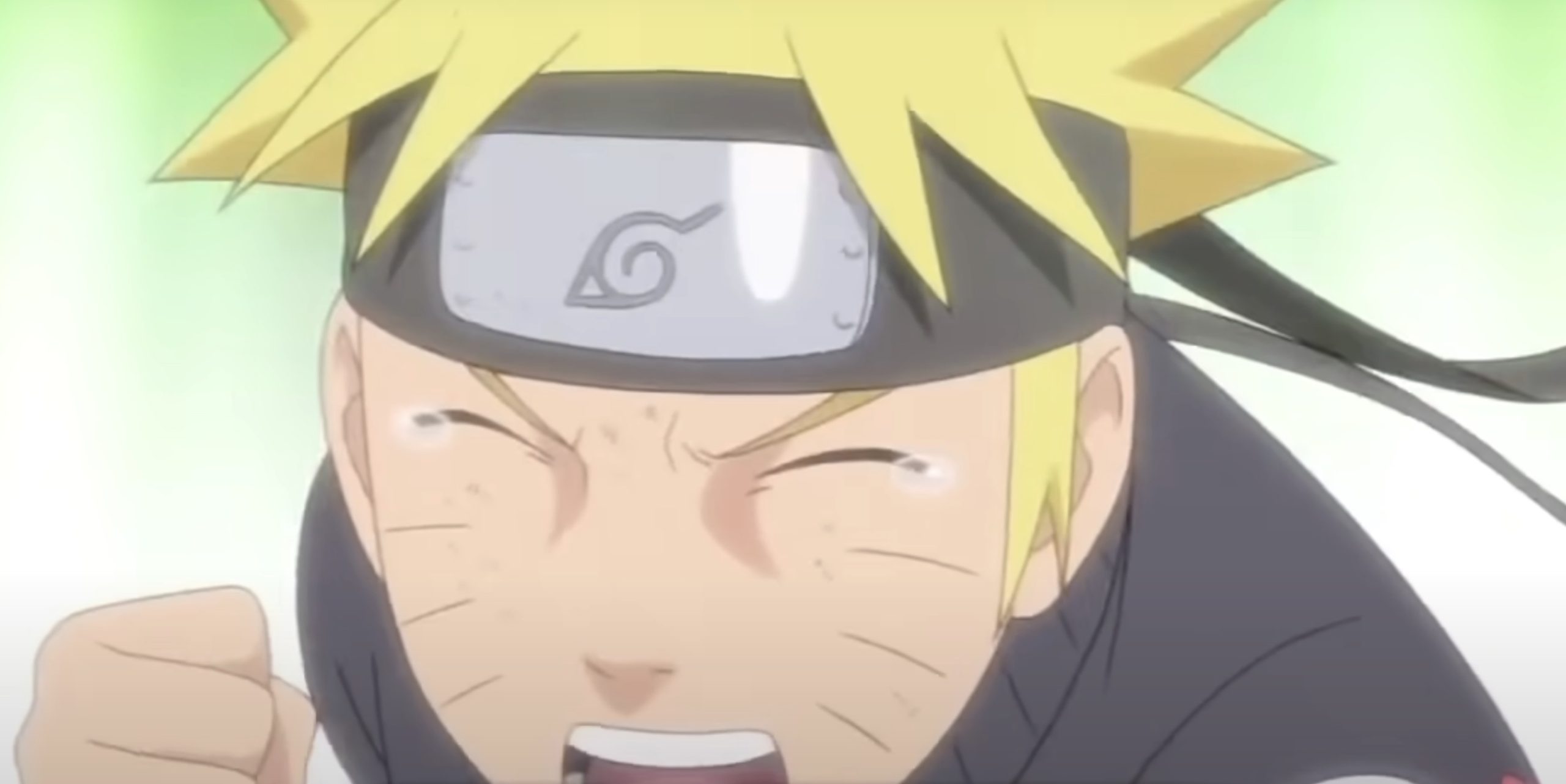
Itsumi’s point about labor management is a significant one. According to a recent report, long working hours were a major issue that many animators faced in the industry, even as recently as 2017.
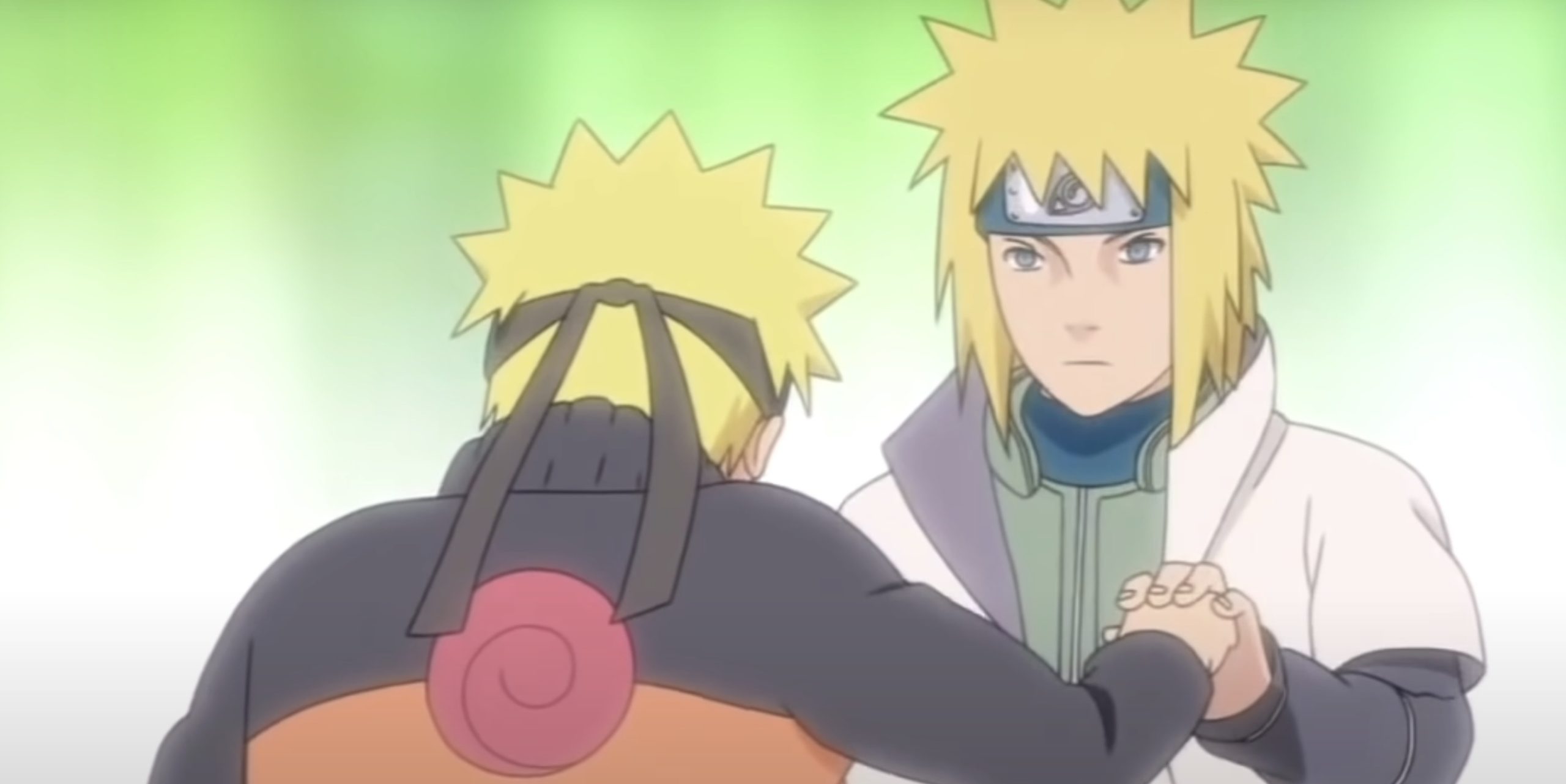
However, the implementation of labor reform laws later on helped reduce the excessive overtime that animators were forced to endure.
By 2022, only 10 percent of the animators surveyed were working 260 hours or more in a month, which translates to more than 100 hours of overtime.
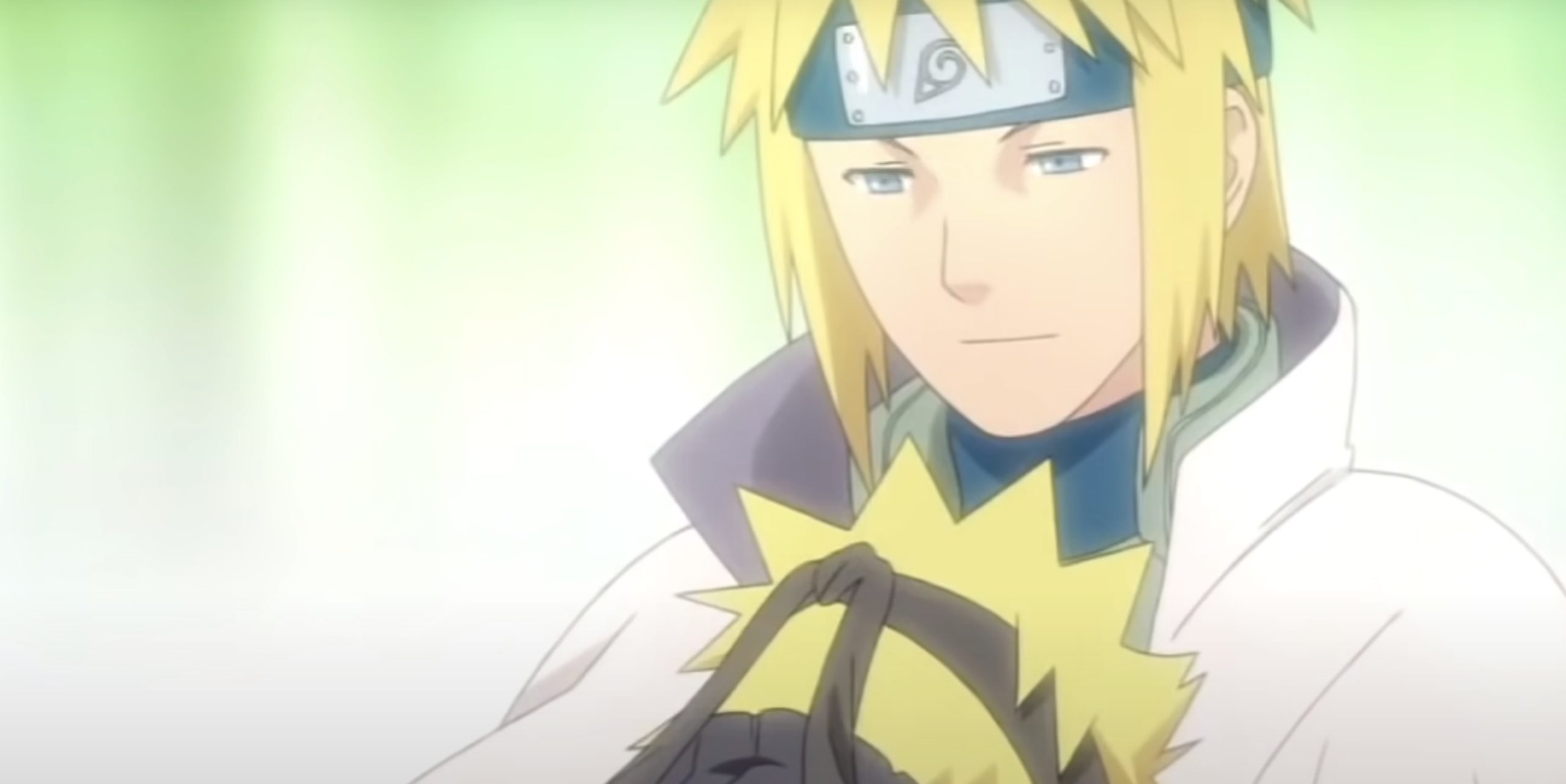
Itsumi emphasized that human effort, not automation, is behind the creation of anime and that prioritizing the well-being of creators is crucial for sustainable production practices.
He indirectly stated that if the human creators become exhausted, there is nothing that can be done, as such a way of creating things is not sustainable in the long run.
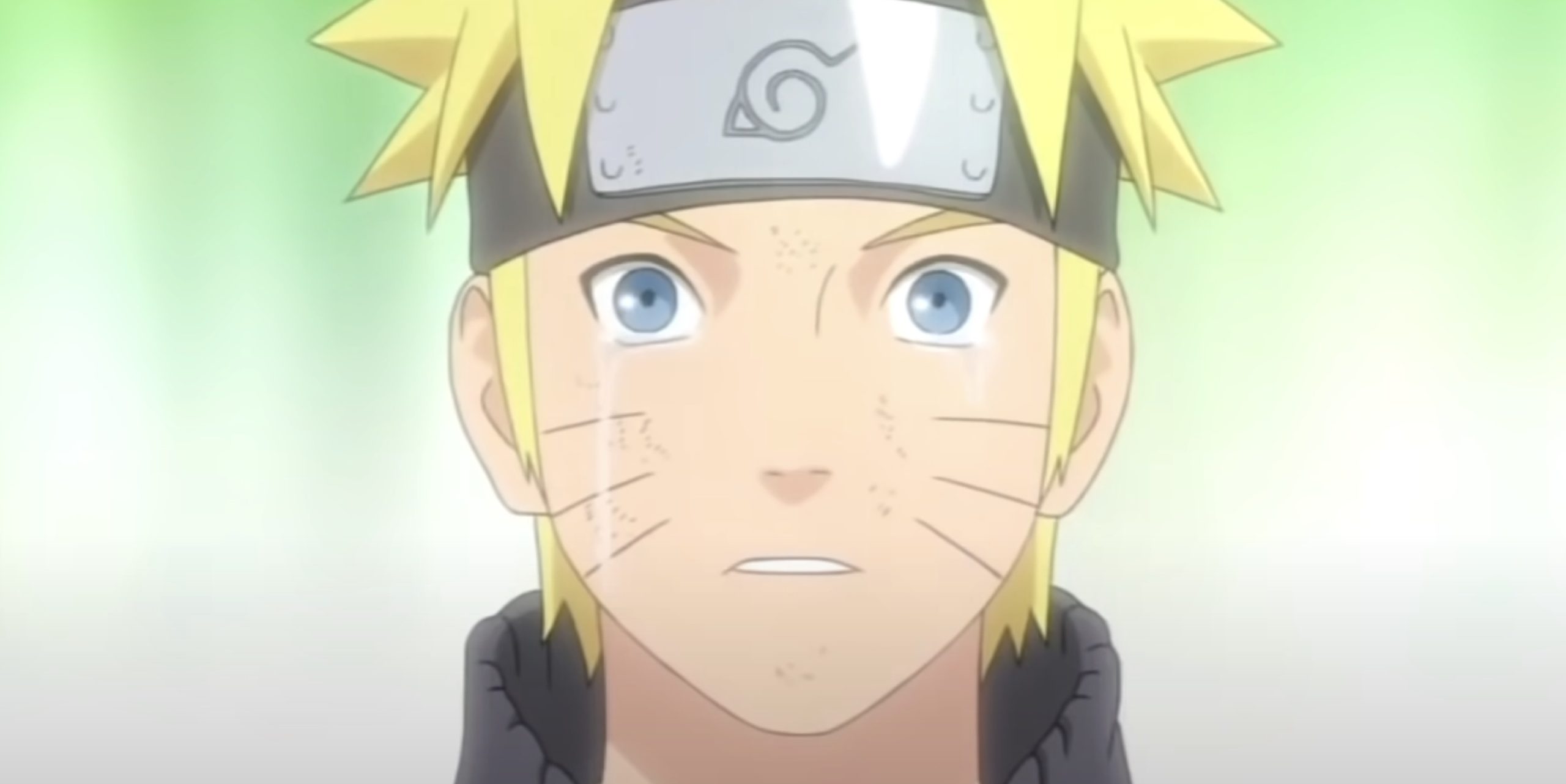
In response to this realization, Studio Pierrot implemented significant revisions to salaries and retroactively increased overtime pay by 20%, demonstrating their commitment to improving working conditions.
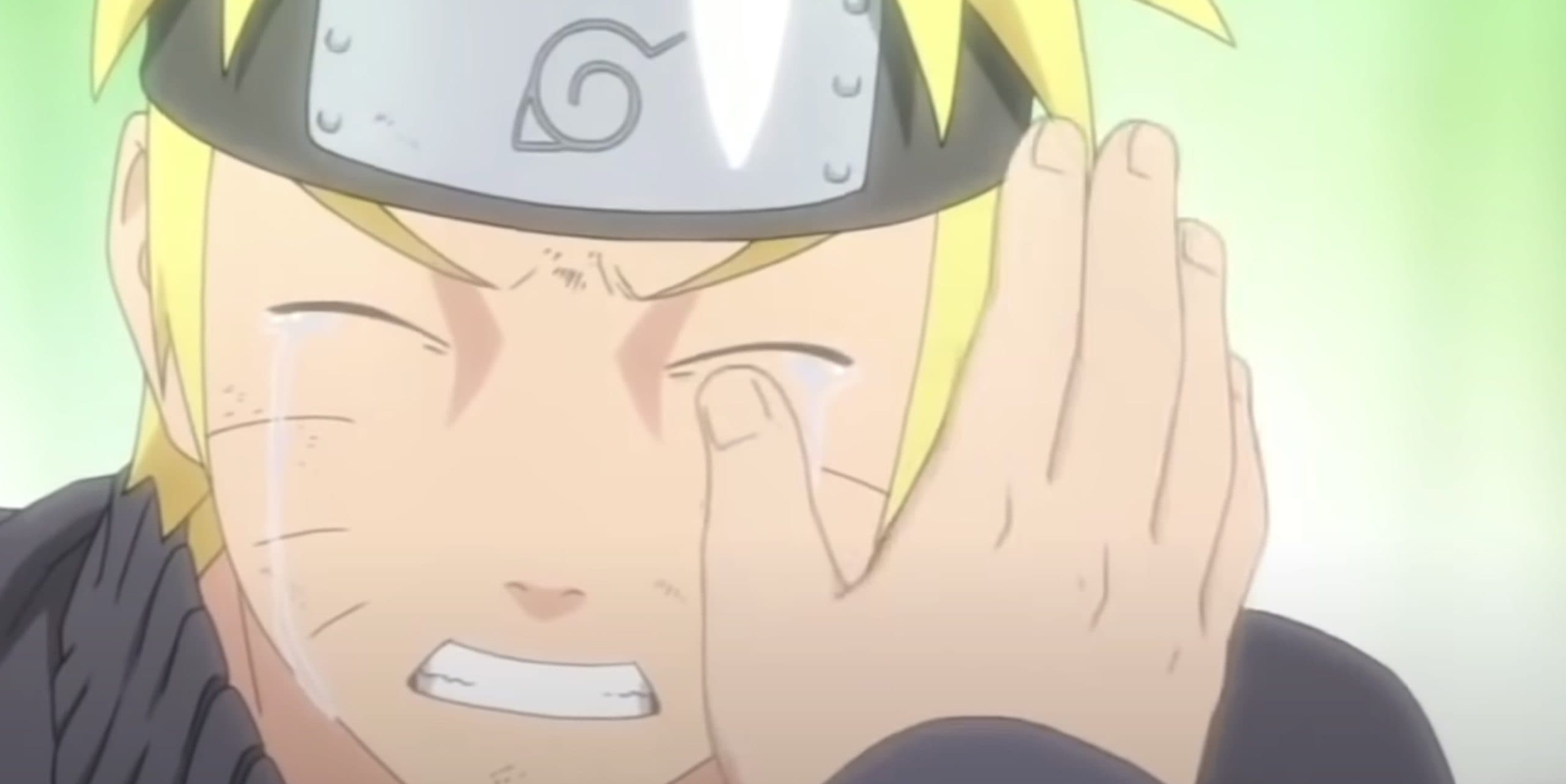
Itsumi indirectly stated that since he joined Pierrot, the studio has been dedicated to enhancing the working conditions by making significant revisions to salaries and even retroactively increasing overtime pay by 20%.
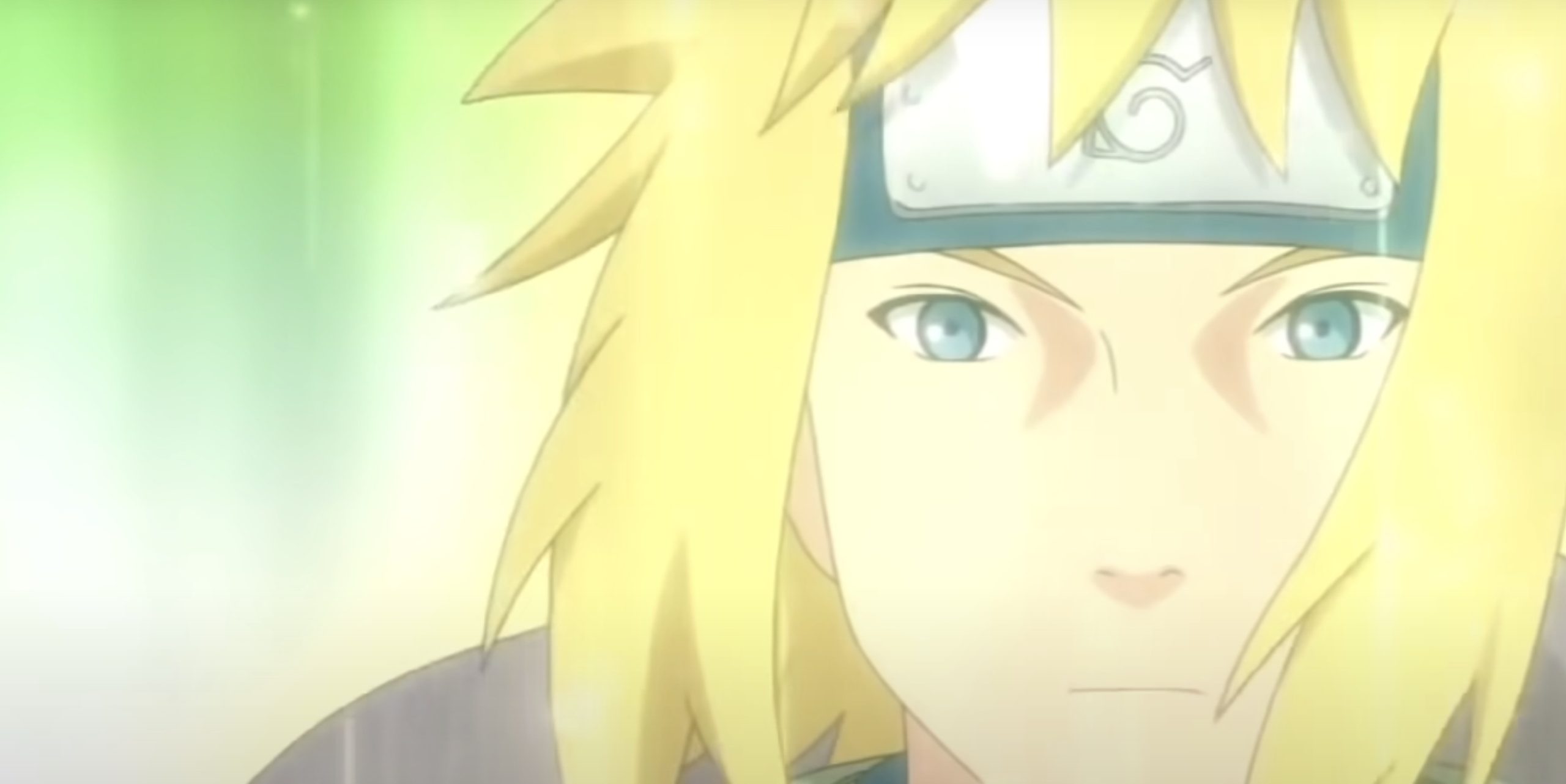
Coupling the 20% increase in overtime pay with reasonable working hours certainly seems like a positive change on paper.
Studio Pierrot’s Path to Sustainable Success
Itsumi also expressed a desire for creators to receive more feedback from users, and to convey this appreciation to Studio Pierrot’s creators, fostering a collaborative environment where everyone can thrive happily and sustainably.
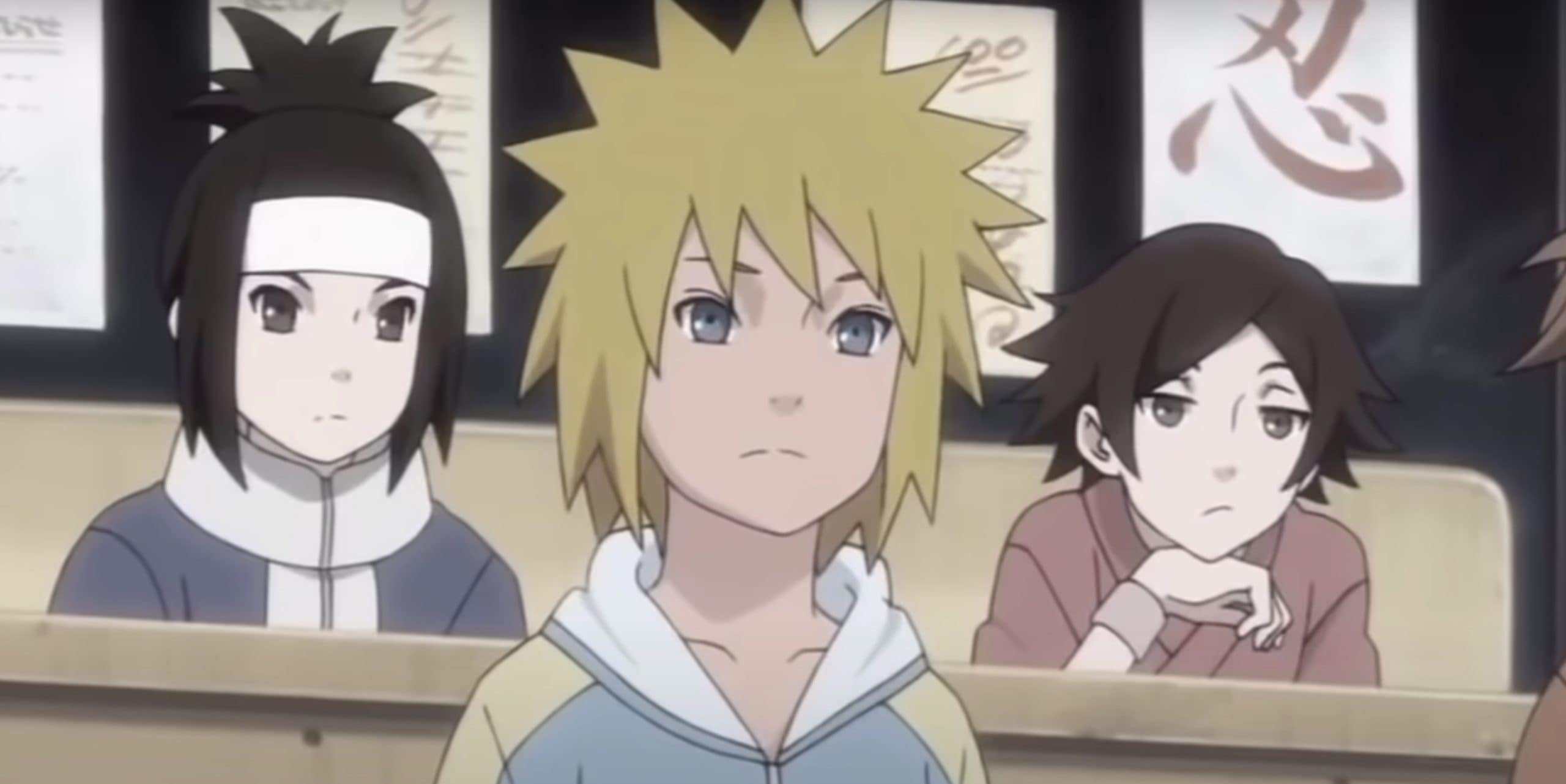
He indirectly stated that he wants the creators to see more of the feedback from users, as he finds it moving to witness events like the overseas presentation for “BLEACH: Thousand-Year Blood War,” where fans express their excitement and love for the series.
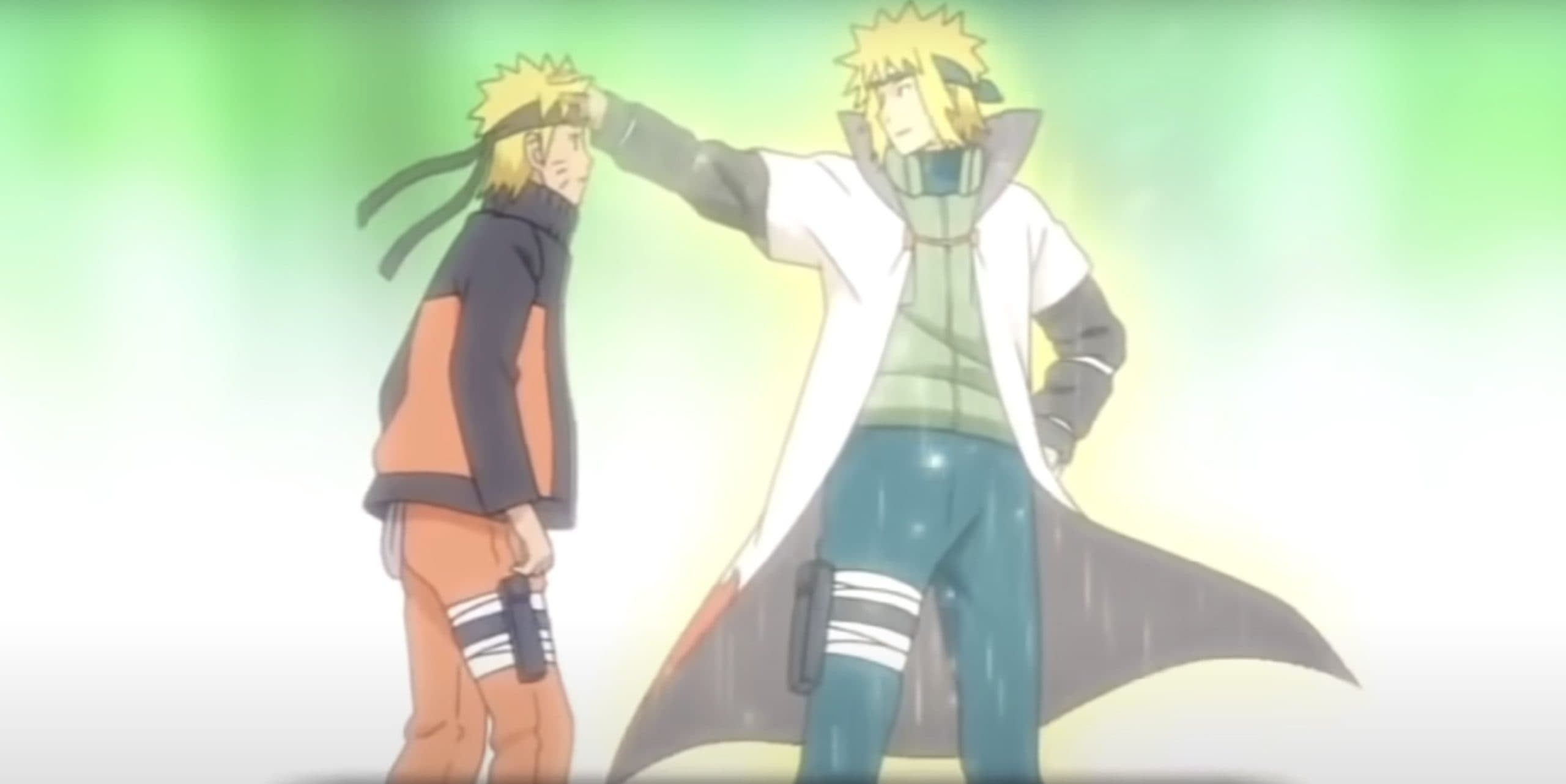
Itsumi wants to showcase these kinds of reactions to the creators, so that everyone can move forward happily and sustainably, with Studio Pierrot aiming to remain such an anime studio in the future.
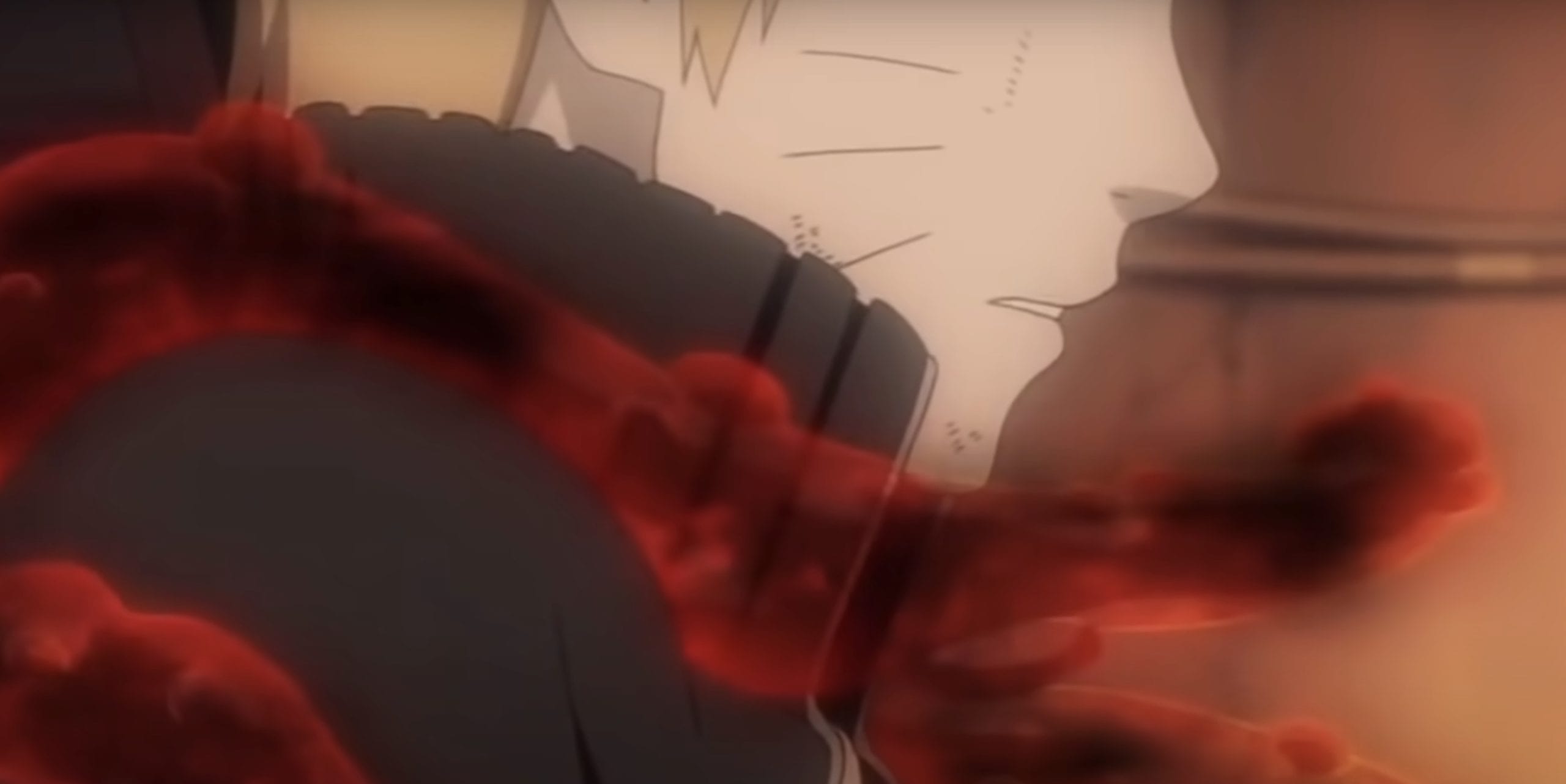
Furthermore, Itsumi highlighted Studio Pierrot’s consistency in delivering quality work on a weekly basis.
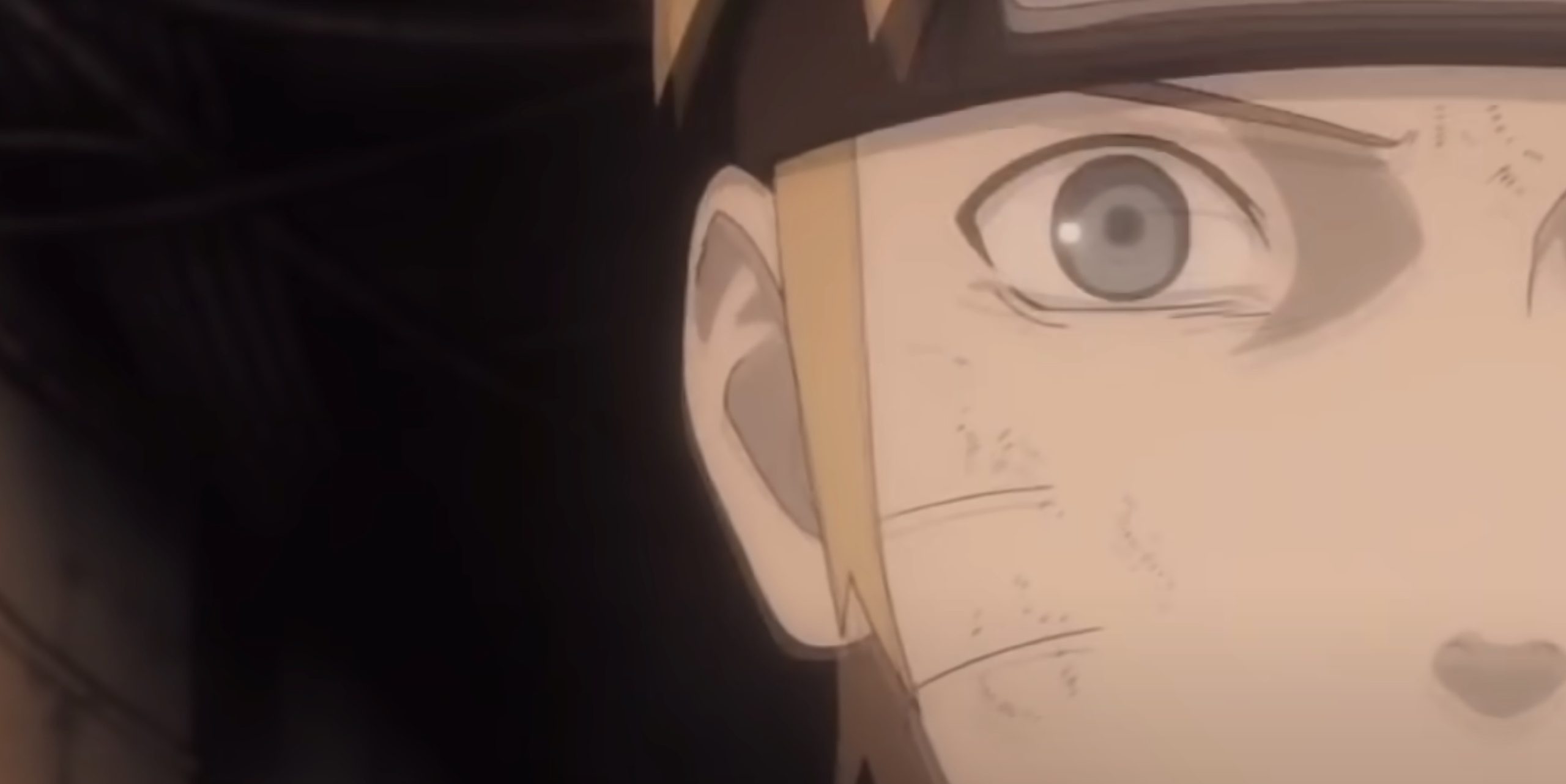
While acknowledging the benefits of producing long-lasting hits, he emphasized the importance of varied production approaches tailored to the specific requirements of each project.
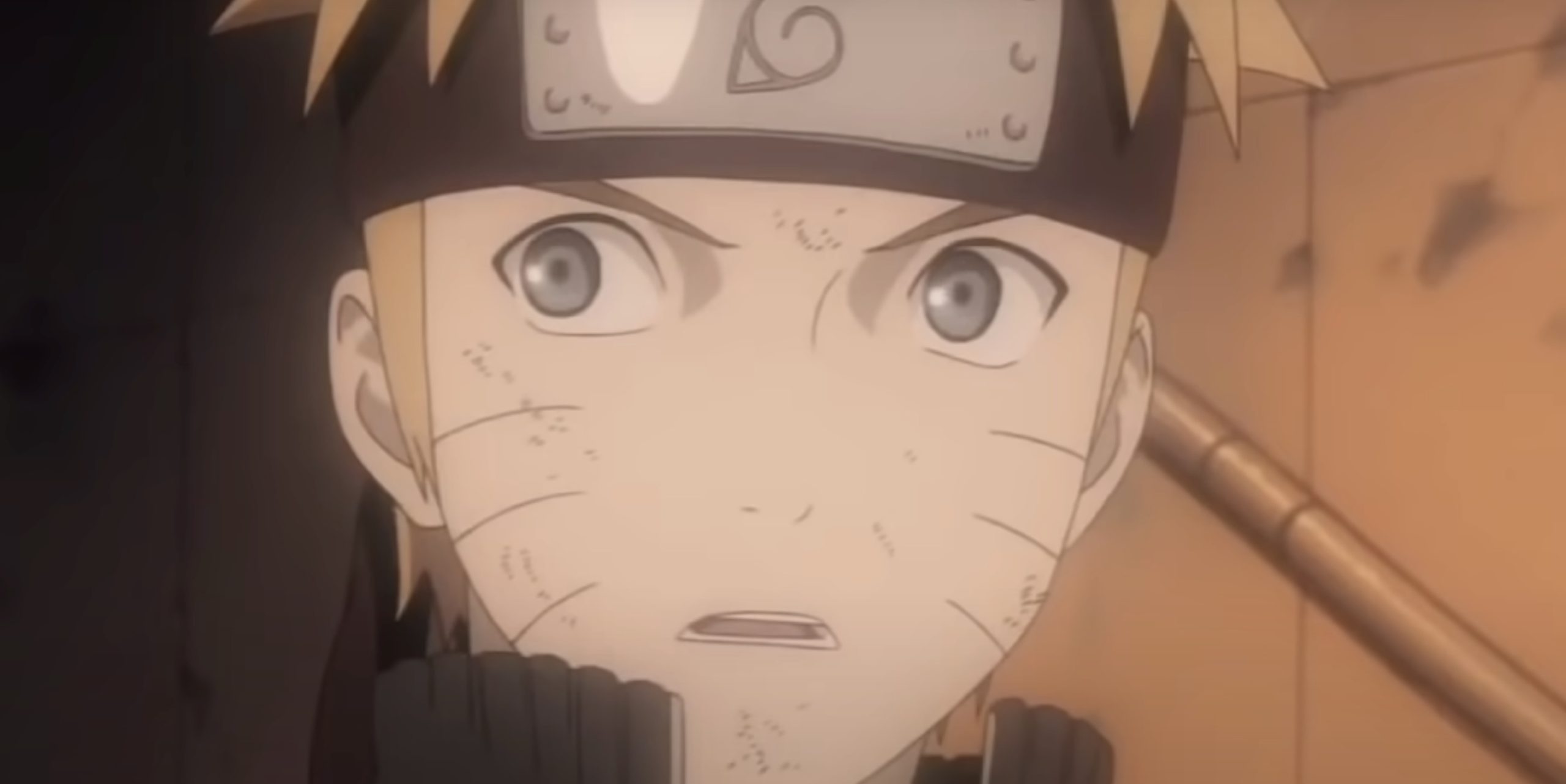
Diversifying their portfolio also emerged as a strategic consideration for Studio Pierrot. Itsumi stressed the risk of relying solely on one project and advocated for a balanced profit structure to ensure financial stability and effectively mitigate risks.
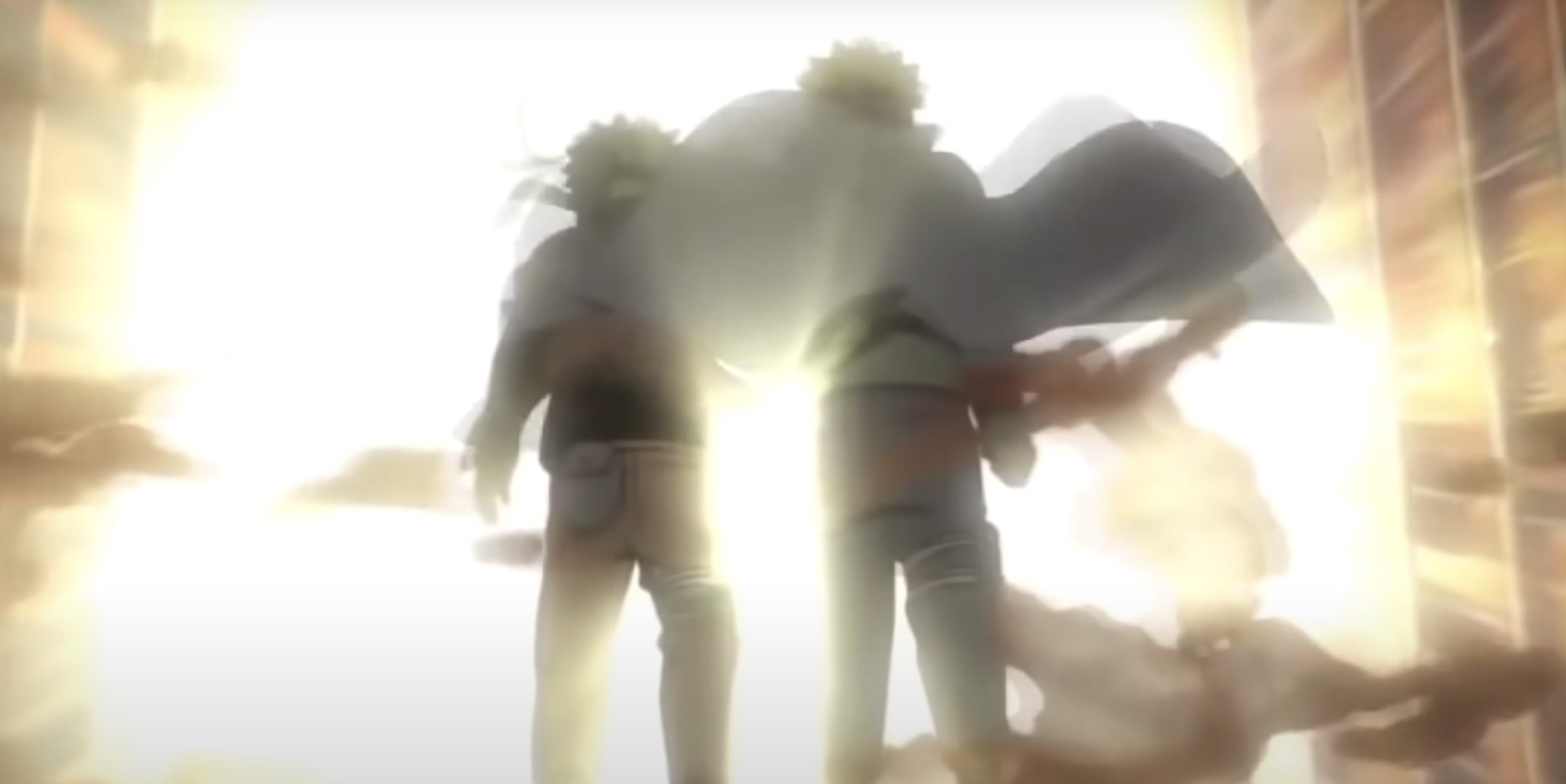
The trend of not relying solely on a single production has already been displayed by Pierrot in recent times as they put the adaptations of “Black Clover” and “Boruto,” two of their long-running series, on hold in order to focus on “Bleach Thousand Year Blood War Arc.”
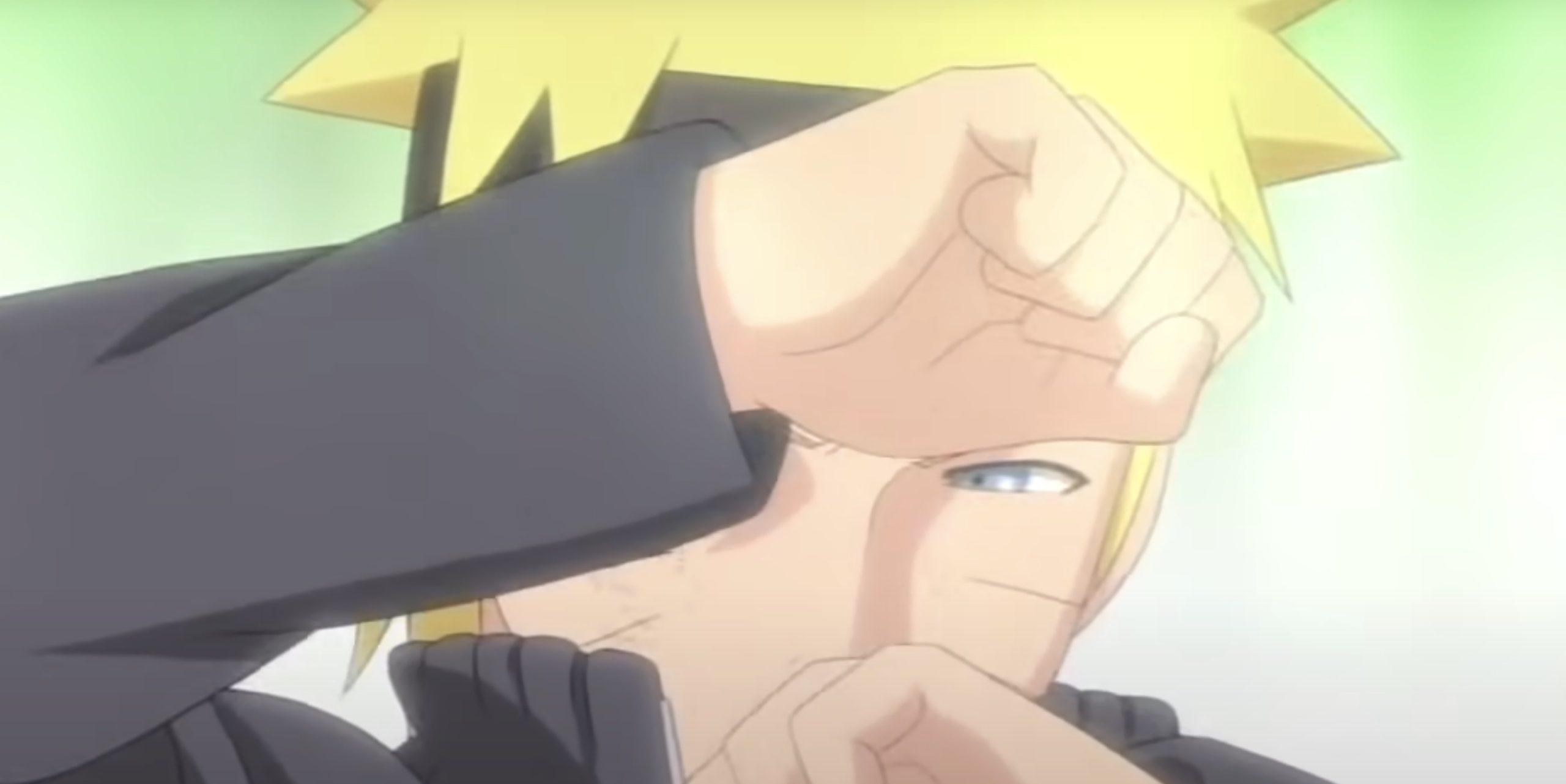
They also continue to roll out seasonal installments of the “Kingdom” anime series and focus on some newer works.
If you want to stay up to date with everything going on in the industry, you can have a look at the “news” section of our site.

